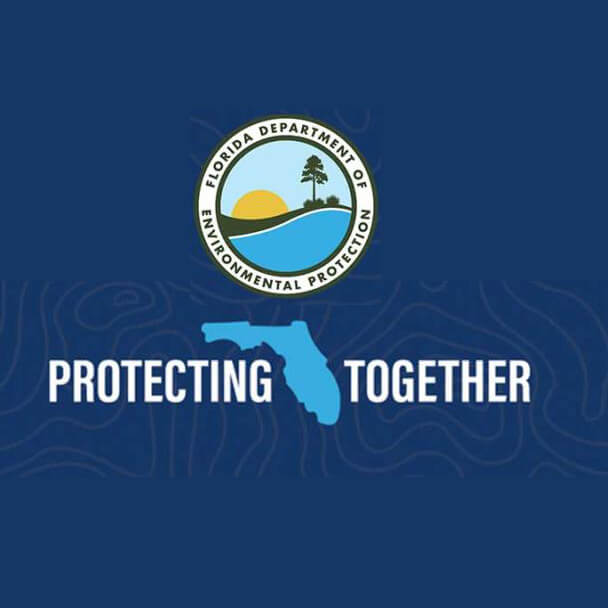Protecting Florida's Aquifers: Strategies to Combat City Water Contamination
The Importance of Florida's Aquifers
Florida's aquifers are a vital component of the state's water resources, providing a significant portion of the water supply for both urban and rural areas. These underground reservoirs not only sustain ecosystems but also serve as a primary source of drinking water for millions of Floridians.
The Threat of City Water Contamination
Despite their importance, Florida's aquifers face an increasing threat from contamination, particularly in urban areas. The rapid urbanization and industrialization of cities can introduce pollutants into the groundwater, posing serious risks to the quality of drinking water.
Strategies for Combatting City Water Contamination
1. Strict Regulatory Measures
Implementing and enforcing stringent regulations on industrial discharges and waste disposal is crucial to preventing contaminants from entering aquifers. Regulatory bodies must monitor and penalize any violations to ensure compliance with environmental standards.
2. Sustainable Land Use Practices
Encouraging sustainable land use practices within urban areas can significantly reduce the risk of aquifer contamination. Proper zoning, stormwater management, and the promotion of green infrastructure contribute to minimizing the impact of urban development on groundwater quality.
3. Advanced Water Treatment Technologies
Investing in advanced water treatment technologies is essential to effectively remove pollutants from contaminated water sources. Filtration systems, reverse osmosis, and other state-of-the-art methods can be employed to ensure that water supplied to the public meets the highest quality standards.
4. Public Awareness and Education
Raising public awareness about the importance of water conservation and pollution prevention is key to fostering a sense of responsibility among citizens. Educational campaigns can inform residents about proper waste disposal, the impact of chemicals on groundwater, and the significance of preserving aquifers.
5. Groundwater Monitoring Programs
Establishing comprehensive groundwater monitoring programs is essential for early detection of contamination. Regular testing of water quality in and around urban areas allows authorities to identify potential threats and take preventive measures before the situation worsens.
Case Studies: Successful Implementation
Several cities in Florida have successfully implemented strategies to combat city water contamination, serving as positive examples for others to follow.
Miami-Dade County
Miami-Dade County has implemented stringent regulations on industrial activities, particularly those near vulnerable aquifer recharge areas. Additionally, the county has invested in advanced water treatment facilities to ensure that water supplied to residents meets the highest quality standards.
Orlando
Orlando has embraced sustainable land use practices by incorporating green spaces into urban planning. The city's stormwater management system focuses on preventing runoff from carrying contaminants into aquifers, thus safeguarding the region's groundwater quality.
Conclusion
Protecting Florida's aquifers from city water contamination is a shared responsibility that requires a multi-faceted approach. By implementing strict regulations, promoting sustainable land use practices, investing in advanced water treatment technologies, raising public awareness, and establishing robust monitoring programs, cities can safeguard these critical water sources for future generations. Learning from successful case studies within the state is essential for other municipalities seeking to address similar challenges and ensure the long-term sustainability of Florida's aquifers.





